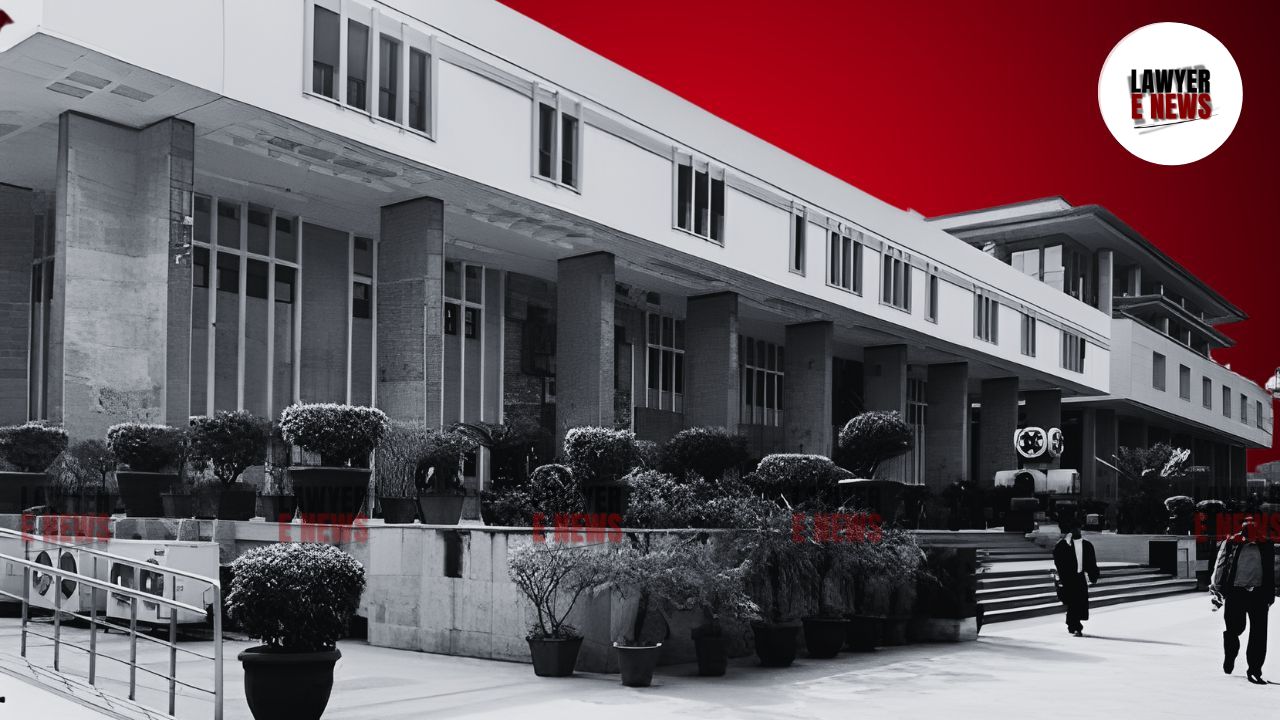-
by Admin
15 February 2026 5:35 AM



Court Protects Salary of Kishor Kumar Makwana After 14 Years of Higher Post Service and Quashes Recovery Orders - In a significant decision, the Delhi High Court has ruled in favor of Kishor Kumar Makwana, directing the Union of India to protect his salary drawn during a long ad-hoc tenure and quashing the recoveries demanded from him. The bench, comprising Justices Rekha Palli and Saurabh Banerjee, emphasized fairness and equitable treatment, particularly in the context of the petitioner nearing superannuation.
Kishor Kumar Makwana, who joined the service as a Senior Research Assistant in 1990, was promoted to the post of Research Officer in 1996 on an ad-hoc basis, a position he held for over 14 years. In 2010, he was reverted to his substantive post of Economic Officer, and in 2013, his salary was refixed to reflect this reversion. Additionally, the authorities sought to recover the differential pay from his time as Research Officer until 2013. Makwana challenged this decision, seeking restoration of his previous pay and protection against the recoveries.
The court acknowledged Makwana’s extended service in a higher post, noting, “the petitioner had worked on a higher post as a Research Officer for more than 14 years. During this period, there were no complaints of any kind against him at any stage whatsoever”.
Drawing from the precedent set in Badri Prasad v. Union of India, the court observed that employees who have served in higher posts for extended periods without misrepresentation should be granted certain protections. Justice Saurabh Banerjee noted, “the petitioner's terminal benefits, including pension, will be fixed by granting him the benefits of the said higher scale which he was drawing as a Research Officer for more than 14 years”.
The judgment extensively discussed principles of fairness and the protection of employee rights in cases of long-term ad-hoc service. The court emphasized that while the reversion was not being contested, the financial adjustments post-reversion must account for the long-term service and resultant expectations set by the extended tenure in the higher post.
Justice Banerjee highlighted the equitable need to balance the scales, stating, “though the petitioner will not be entitled to the pay of the Research Officer from which post he stands reverted, his terminal benefits should reflect the higher pay scale for his long service”.
Justice Saurabh Banerjee remarked, "The petitioner had worked on a higher post for more than 14 years...the respondents ought to consider releasing of his terminal benefits by taking into account the higher salary". This underscores the court’s focus on fairness and equity in dealing with long-serving employees.
The Delhi High Court’s decision underscores the judiciary's commitment to protecting the rights and benefits of employees who have served long terms in higher posts on an ad-hoc basis. By directing the authorities to protect Makwana's higher salary for the purpose of calculating his terminal benefits and quashing the recovery demands, the judgment sends a strong message about fair treatment and respect for long-term service. This landmark decision will likely influence future cases involving similar issues of long-term ad-hoc promotions and salary protections.
Date of Decision: May 15, 2024
